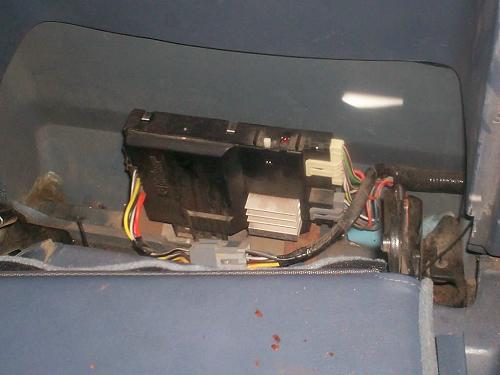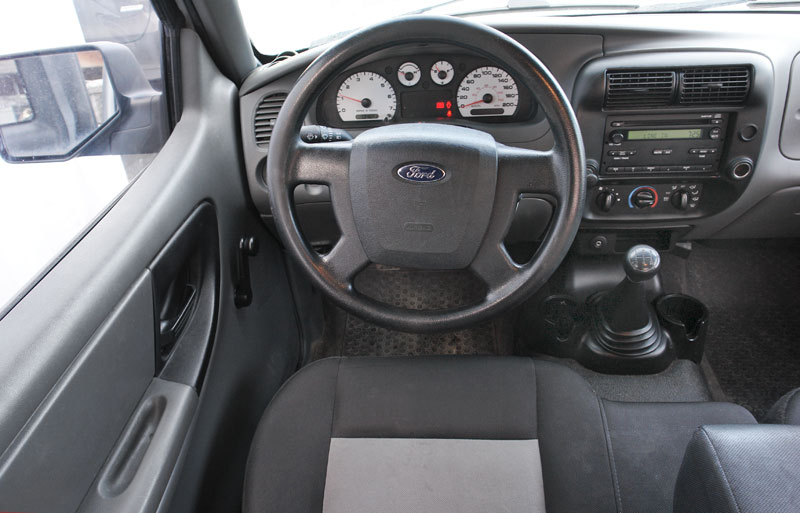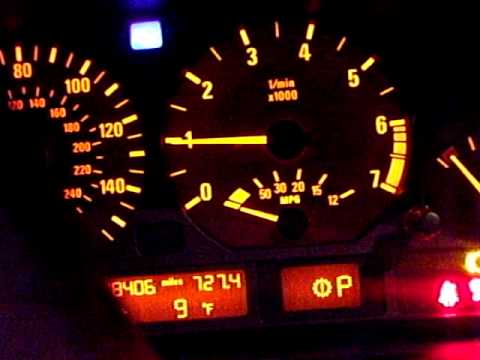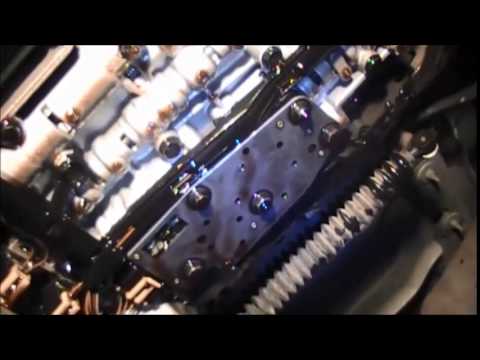2000 Ford Ranger Automatic Transmission Problems
If you’re the owner of a 2000 Ford Ranger with an automatic transmission, then you may be experiencing some problems. According to various reports, these problems can include the transmission slipping out of gear, harsh shifting, delayed engagement, and even complete failure. In some cases, owners have also reported that their check engine light has come on as a result of these issues.
While Ford has issued a few recalls for this issue over the years, it seems that many Rangers are still having problems. If you’re experiencing any of these issues, then you should take your truck to a qualified mechanic or dealership for diagnosis and repair.
The 2000 Ford Ranger was equipped with a 4-speed automatic transmission. This transmission is known to have problems with shifting, especially when the truck is cold. The most common complaint is that the truck will not shift into second gear when it is cold.
Other problems include the transmission slipping and harsh shifting. These problems can be caused by a variety of things, including low fluid levels, dirty fluid, or worn clutch plates. If you are having trouble with your 2000 Ford Ranger’s automatic transmission, check the fluid level first.
If it is low, add more fluid and see if that solves the problem. If the fluid is dirty, flush it out and replace it with fresh fluid. Finally, if the clutch plates are worn, they will need to be replaced.
1999 ford ranger automatic transmission problem
Do Ford Rangers Have Transmission Issues?
There have been a few reports of transmission issues with Ford Rangers, but nothing widespread or serious. In most cases, the problem has been resolved with a software update from Ford. There have also been a handful of reports of transmission failure, but again, this is not something that seems to be affecting a large number of people.
Overall, it seems that the vast majority of Ranger owners are not having any major problems with their transmissions.
What Causes a Ford Ranger Transmission to Slip?
If you’re experiencing a slipping transmission in your Ford Ranger, it’s likely due to a problem with the fluid level or quality. Transmission fluid is vital to the operation of your vehicle’s transmission, and if it becomes low or dirty, it can cause the transmission to slip.
Checking the fluid level is the first step in diagnosing a slipping transmission.
If the fluid is low, simply topping it off may be all that’s needed to fix the problem. However, if the fluid is old or dirty, it will need to be replaced. Draining and refilling the transmission with fresh fluid is typically all that’s required, but in some cases, a more thorough flush may be necessary.
Another possible cause of a slipping transmission is worn clutch plates. The clutch plates are what engage and disengage the gears in your transmission, and over time they can become worn down. This can lead to slippage when shifting gears.
Replacing the clutch plates is typically all that’s needed to fix this problem.
If your Ford Ranger has an automatic transmission, another possible cause of slippage is a faulty torque converter. The torque converter helps transfer power from the engine to the transmission, and if it’s not working properly, it can cause slippage.
Replacing the torque converter should fix this issue.
How Much Does It Cost to Rebuild a Transmission on a 2000 Ford Ranger?
If you’re looking to rebuild the transmission on your 2000 Ford Ranger, it’s going to cost you anywhere between $1000 and $3000. This obviously depends on a number of factors, such as the severity of the damage, the extent of the repairs needed, and whether or not you need to replace any parts.
Generally speaking, though, you can expect to pay around $2000 for a complete transmission rebuild.
This includes taking apart the entire transmission, cleaning all of the parts, replacing any worn out or damaged components, and then putting everything back together again.
Of course, this is just a rough estimate – ultimately, the cost of rebuilding your Ranger’s transmission will depend on a number of different factors. So if you’re thinking about undertaking this project yourself, be sure to do your research and get a few quotes from reputable mechanics before making any decisions.
What are the Signs of a Failing Automatic Transmission?
If your car has an automatic transmission, you may be wondering what the signs are that it is failing. Here are some things to look for:
1. The transmission slips when you are driving.
This means that the gears are not engaging properly and the car is not moving as it should.
2. You notice a delay when you shift gears. This can be either when you are shifting up or down.
3. The transmission fluid is low or dirty. Transmission fluid needs to be at a certain level in order to work properly, so if it is low, this could be a sign of a problem. Also, if the fluid is dirty, this can clog up the system and cause problems.
4. Grinding noises coming from the transmission area. This could indicate that the gears are not meshing together correctly and causing damage to the parts involved.
5. Your car jerks when shifting gears or accelerating.

Credit: www.therangerstation.com
Ford Ranger Shift Solenoid Problem
If you own a Ford Ranger, you may have experienced a shift solenoid problem. The shift solenoids are responsible for controlling the shifting of the transmission. When they fail, the transmission can become stuck in one gear or may not shift at all.
This can be a very dangerous situation as it can cause the vehicle to lose power and control.
There are two types of shift solenoids, the EPC solenoid and the TCC solenoid. The EPC (Electronic Pressure Control) solenoid controls the line pressure in the transmission.
The TCC (Torque Converter Clutch) solenoid controls the engagement of the torque converter clutch. If either of these solenoids fail, it can cause problems with shifting.
The most common symptom of a shift solenoid problem is that the transmission will get stuck in one gear or may not shift at all.
This can be very dangerous as it can cause the vehicle to lose power and control. Other symptoms include hard shifts, delayed shifts, slipping gears, and fluid leaks from around the shifter area.
If you suspect that your Ranger has a shift solenoid problem, it’s important to take it to a qualified mechanic or dealership for diagnosis and repair.
Trying to fix this issue yourself could make it worse and potentially damage your transmission beyond repair.
Conclusion
The 2000 Ford Ranger has been known to have problems with its automatic transmission. In some cases, the transmission will not shift correctly or may even slip out of gear entirely. This can be a dangerous problem, as it can cause the vehicle to lose power and control.
There have been reports of accidents happening as a result of this issue. If you own a 2000 Ford Ranger, it is important to be aware of this problem and to take your vehicle to a qualified mechanic if you notice any issues with the transmission.






